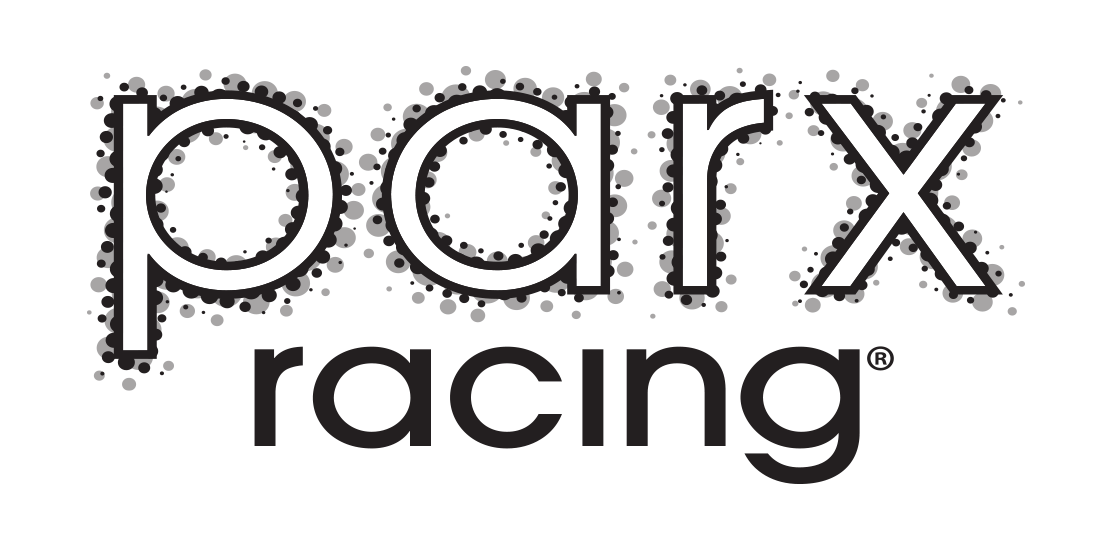The Pennsylvania Horse Breeders Association presented a check for $300,000 to Penn Vet New Bolton Center’s Equine Pharmacology Laboratory August 17 to fund revolutionary research to detect gene doping in equine athletes.
The donation, believed to be one of the highest by a state-bred association in the United States for research purposes, was designed to assist New Bolton in maintaining the integrity of the sport in this multi-tiered, multi-year project. Addressing and making inroads towards solving the gene doping problem will ultimately translate into greater confidence by owners, breeders, and horseplayers, and help Pennsylvania’s racing and breeding industries thrive well into the future.
The World Anti-Doping Agency has defined gene doping as “the non-therapeutic use of genes, genetic elements and/or cells that have the capacity to enhance athletic performance.”
According to New Bolton, elements of the project include continued research into potential protein and RNA-based biomarkers that have been identified as showing promise for detecting gene doping, as well as continued expansion of a BioBank that will be utilized to evaluate baseline levels of these blood-based biomarkers in active and injured race horses, as well as physiological changes in their musculoskeletal structure using New Bolton’s robotics- controlled imaging system.
“Two years ago, we had wanted to find out what was important to our membership, and they overwhelmingly told us that maintaining integrity in the sport was the number one issue,” said Brian Sanfratello, executive secretary of the PHBA. “As a Board, we then wanted to see how we could help.”
Sanfratello said that the PHBA Board met with Dr. Mary Robinson, director of the Equine Pharmacology Laboratory at New Bolton, and discussed what could be done. New Bolton had already done some preliminary gene testing for shock wave therapy.
Two key individuals that helped make the $300,000 donation a reality were PHBA Board President Roger Legg and Board Member/Chair of the PHBA’s Medication Committee Deanna Manfredi. The Medication Committee conducted extensive research on the issue and established it as a priority for the organization.
“Our Committee met several times and the members were very enthusiastic,” said Legg. “We wanted to do something about this problem, but what? Then we talked about where the money would come from. Brian (Sanfratello) and I decided our best bet was with the State Horse Racing Commission itself.”
The PHBA had to seek the approval of the Racing Commission to donate money to New Bolton, because the money is allocated from the PHBA’s share of the State Racing Fund, which is used for breeder awards and incentives. The Commission approved the PHBA’s request to provide the funding by unanimous vote at its monthly meeting on May 31.
“We currently have no answer for gene doping,” said Manfredi. “Dr. Robinson and I talked, and it became so clear that the PHBA could help New Bolton with needed funds for further research. Brian (Sanfratello) did the most amazing job, and it was unanimous agreement on the Board side and the Commission side – and how often does that happen?”
Manfredi explained that the expansion of the BioBank would be especially groundbreaking for thoroughbred racing, as it potentially could contain a “fingerprint” of each horse, from foal to racetrack.
“We want to use the gene to tell the story,” she said. “Any manipulation – the use of a growth hormone, an anabolic steroid, etc. – would show up.”
“The overarching theme is biomarkers, and underneath that biomarker theme we’re looking at protein, RNA and DNA,” said Dr. Robinson. “The research is very, very important to the industry, and to the horse. We would not be doing this without support like we’ve gotten from the PHBA.”
Earlier this year, gene doping was a focus of the 37th Asian Racing Conference in Seoul.
“Gene doping is a trend of the times,” said Dr. Kanichi Kusano, a Japan Racing Association official veterinarian and chair of the International Federation of Horseracing Authorities Gene Doping Control Sub-Committee. “In effect, it is the misuse of drugs, which in this instance, is the misuse of DNA.”
Kusano said that gene doping represents a risk not only to the integrity of racing, but a risk for the creation of a genetically modified thoroughbred.
“My fellow commissioners and I applaud the PHBA and the New Bolton Center for funding and undertaking this revolutionary research project to combat efforts to subvert fairness and integrity in the sport of horse racing,” said Russell Jones, a Commissioner of the State Horse Racing Commission in Pennsylvania, in a statement. “The State Horse Racing Commission is committed to maintaining a fair and level playing field, both for our fans and the vast majority of owners and trainers who play by the rules.”
Original news source credited to: https://pabred.com/wp-content/uploads/2018/08/September-2018.pdf











